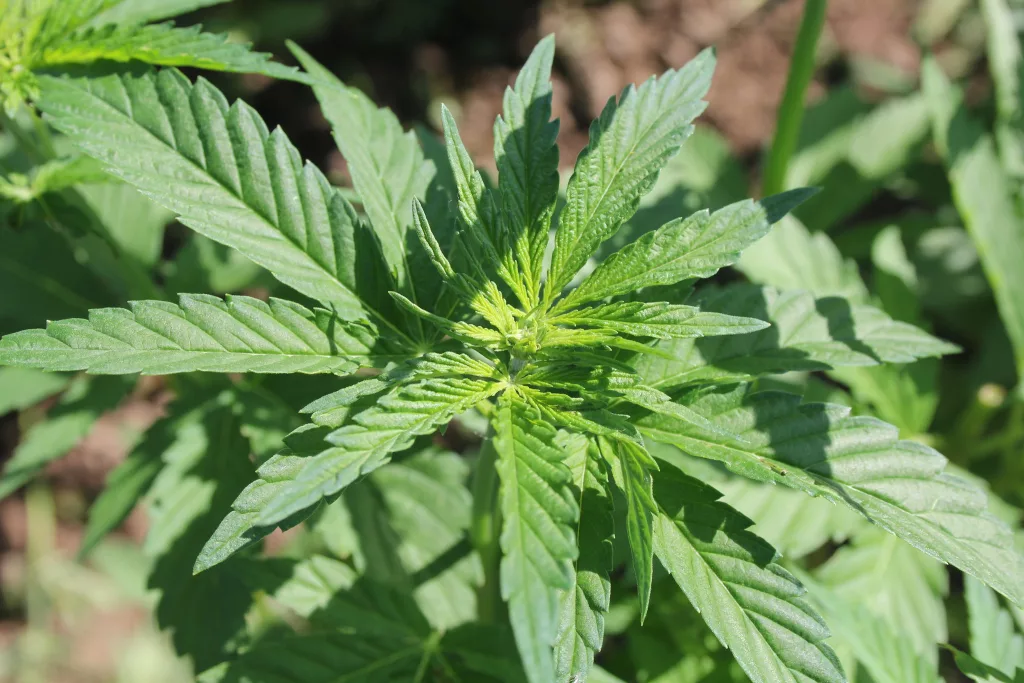Photo courtesy of Oregon State University
CORVALLIS, Ore. – Oregon State University’s Global Hemp Innovation Center will receive $5.5 million during the next five years to research new food, beverage and biobased industrial product uses of industrial hemp.
With the funding, researchers from Oregon State and the U.S. Department of Agriculture’s Agricultural Research Service will develop customized hemp genetics that meet the needs of biobased product manufacturers and are adapted to growing conditions in the western United States.
“Working together this way, we will be able to build a sound scientific and business foundation for producing industrial hemp varieties that are not only adapted to Pacific Northwest growing conditions but can be used by manufacturers to produce new food, beverage and biobased industrial products,” said Jeffrey Steiner, director of the Global Hemp Innovation Center.
The decriminalization of hemp with the passage of the 2018 Farm Bill created a boom of interest in the potential of hemp. A commercial market quickly developed around therapeutic CBD oil from hemp flowers.
But there are also a range of natural materials in hemp that can be used to create other products, including construction materials, textiles, packaging materials, and food and beverage products.
Hemp is also adaptable to different growing environments and weather conditions, which is important for farmers looking to plant additional crops, particularly with the uncertainties in agriculture driven by climate change.
With the new funding, Oregon State and USDA researchers will take a “genes-to-field-to-factory” approach, in which they match hemp genetics with different environmental growing conditions and different manufactured products that can be produced from the plant. They will take advantage of emerging artificial intelligence approaches to accelerate this work.
The research team will use hemp biomass to create biodegradable and compostable packing products, including nursery pots, fresh produce boxes and takeout containers; building materials for use in housing construction; and plant-based food and beverage products made from hemp grain.
“The goal of this research is to develop multiple product streams from hemp with no remaining waste, just as has been successfully done by the cotton, corn, and timber industries,” Steiner said. “Having uses for all the byproducts of the plant will increase crop production marketing options for farmers and help support creation of new job opportunities in the domestic biobased economy.”
Funding for this new research partnership is part of more than $26 million the USDA has awarded to Oregon State in recent years for hemp research.





